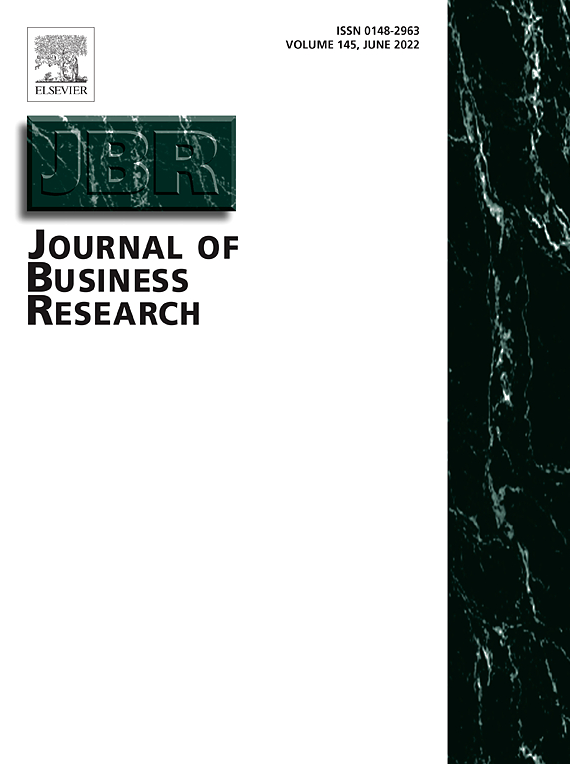Editorial Board
The internationalization of Latin American enterprises—Empirical and theoretical perspectives
Multilatinas as sources of new research insights: The learning and escape drivers of international expansion
Managerial perceptions of barriers to internationalization: An examination of Brazil's new technology-based firms
When distance does not matter: Implications for Latin American multinationals
Cross-national uncertainty and level of control in cross-border acquisitions: A comparison of Latin American and U.S. multinationals
Unpacking the ambidexterity implementation process in the internationalization of emerging market multinationals
Export behavior and board independence in Colombian family firms: The reverse causality relationship
Barriers and public policies affecting the international expansion of Latin American SMEs: Evidence from Brazil, Colombia, and Peru
Entrepreneurial orientation, marketing capabilities and performance: The Moderating role of Competitive Intensity on Latin American International New Ventures
International entrepreneurial firms in Chile: An exploratory profile
Global entrepreneurship and innovation in management: Comparing MRA/SEM versus fuzzy-set QCA theory creation, data analysis, and findings
Giving back to society: Job creation through social entrepreneurship
Institutional herding and risk–return relationship
Gender matters in venture creation decision
Examining the influence of stock market variables on microblogging sentiment
Organizational linkages for new product development: Implementation of innovation projects
Consumer behavior on cashback websites: Network strategies
Setting up a business and funding sources
Network partner diversity, network capability, and sales growth in small firms
Analyzing the influence of the funds' support on Tobin's q using SEM and fsQCA
How useful are incubators for new entrepreneurs?
Family governance oversight, performance, and high performance work systems
Correlation coefficient evaluation for the fuzzy interval data
Reputation for toughness and anti-dumping rebuttals: Competitive rivalry, perceived benefits, and stage of the product life cycle
Non-financial performance in product market and capital expenditure
SEO firms' lottery-like characteristics, institutional ownership, and long-run performance
New mutual fund managers: Why do they alter portfolios?
New statistical analysis in marketing research with fuzzy data
The interaction of chief executive officer and top management team on organization performance
Innovation and technology creation effects on organizational performance
Investigating the dynamic relationships between equity markets and currency markets
Examining strategic orientation complementarity using multiple regression analysis and fuzzy set QCA
Media use, environmental beliefs, self-efficacy, and pro-environmental behavior
Destination loyalty modeling of the global tourism
A fit perspective approach in linking corporate image and intention-to-apply
Multichannel service providers' strategy: Understanding customers' switching and free-riding behavior
Customer pressure, customer–manufacturer–supplier relationships, and quality control performance
Corporate governance’ impact on research and development
One pie, many recipes: Alternative paths to high brand strength
Examining the role of behavioral intention on multimedia teaching materials using FSQCA
The study of perceived environment and its relation to senior citizen's physical activity behavior intention
Effective marketing communication via social networking site: The moderating role of the social tie
Causal complexity of economic development by energy consumption
Flow and social capital theory in online impulse buying
Multilevel control chart and fuzzy set theory to monitor inpatient falls
Perceived risk influence on dual-route information adoption processes on travel websites
Intellectual property, research intensity, and scale effect
Rethinking organizational learning orientation on radical and incremental innovation in high-tech firms
Why does customer co-creation improve new travel product performance?
Employees' acceptance of mobile technology in a workplace: An empirical study using SEM and fsQCA
Corrigendum to “Aggregation systems for sales forecasting” [J. Bus. Res. 68(11) (2015) 2299–2304]


